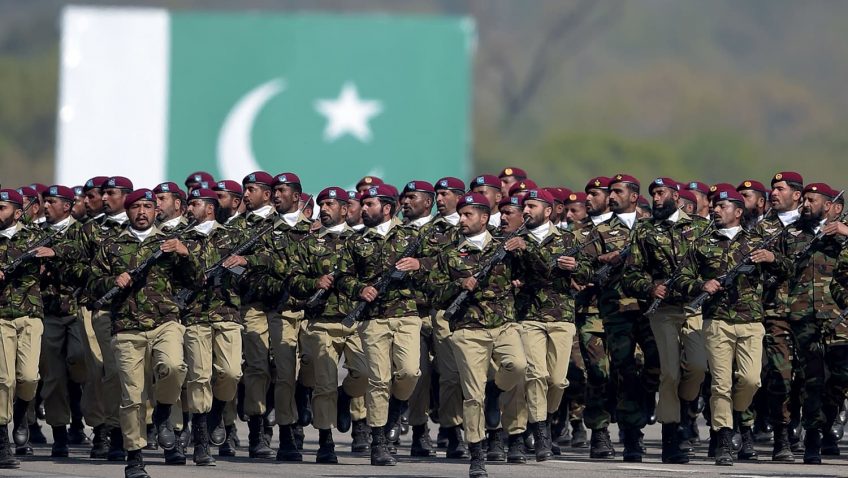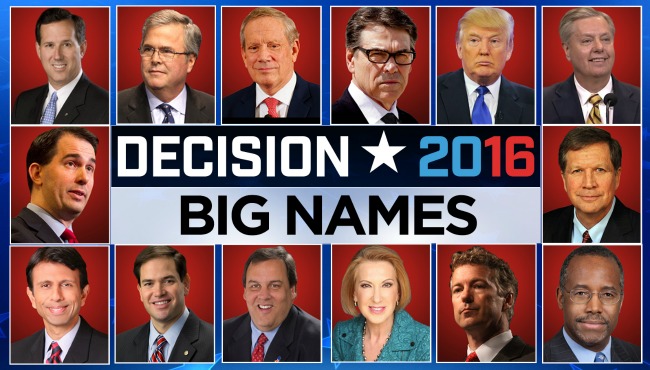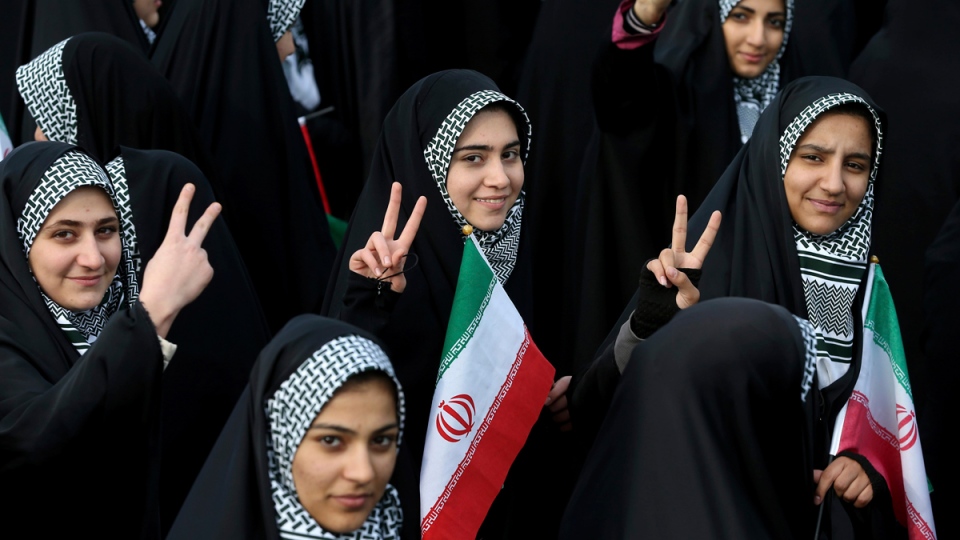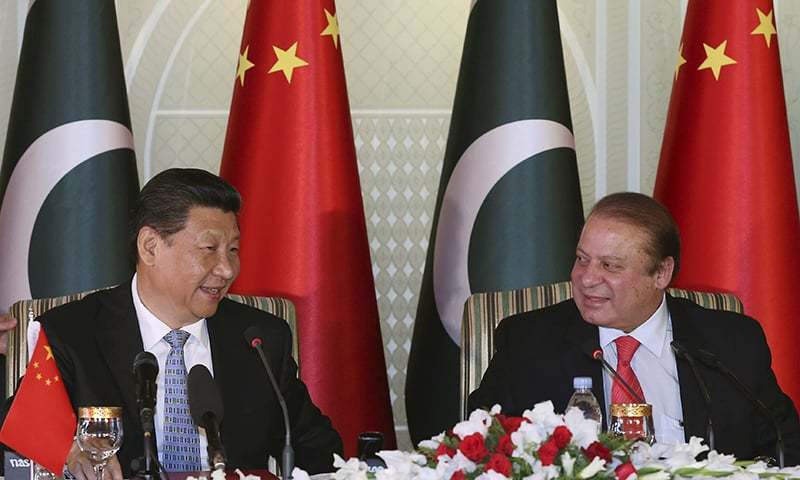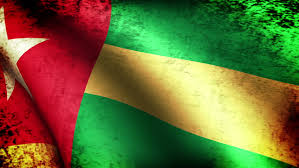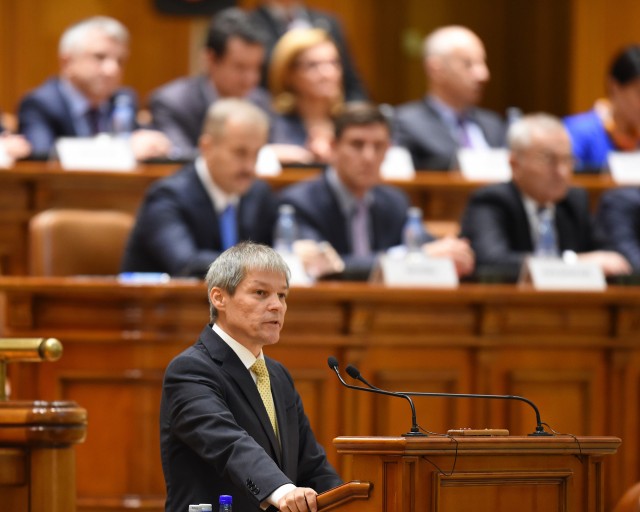Pakistan is going to polls on July 25th. If the general elections take place as per the schedule, then it would be the third consecutive democratic transition in the history of Pakistan. For the first time, two consecutive democratic governments have completed their five-year terms. “With the term of the most recent democratically elected government coming to an end a few weeks ago, we have also come to the end of the cycle since 1977, where a decade of civilian government has been followed by a decade of military dictatorship,” comments S. Akbar Zaidi –a political economist. At the beginning of this year, no one was sure about the third consecutive democratic transition of the elected governments. It was because of the cyclical effects as commented by Mr Zaidi. Now, every passing day tells that the general elections will take place as per the schedule. However, certain political analysts and political parties doubt that the coming general elections will be free and fair elections. They raise the issue of election engineering by state institutions to support certain political party (s).
History of general elections in Pakistan:
The first-ever general elections in the history of Pakistan were held on December 7th, 1970 which were ensued by chaos in the country and resulted in the separation of East Pakistan (Now Bangladesh). Leaders of certain political parties give the example of the first general elections for being free and fair elections and link them with upcoming elections which, they believe, are going to be the free and fair elections after 1970. They sadly do not consider the political instability and chaos which was caused by the results of 1970 general elections.
General elections and rigging have been a common norm in Pakistan. In general elections of 1977, Zulfiqar Ali Bhutto was accused of rigging the elections. In 1985, General Zia’s machinery rigged the general elections and a puppet government was formed. These elections were held on non-party basis. From 1988 to 1997, Pakistan went to polls for four times. All these general elections were rigged in one way or another. From 1988 to 1999, none of the so-called democratically elected governments could complete their tenure of five years. On October 12th 1999, General Musharraf-Chief of Army Staff of that time dethroned Nawaz Sharif’s government after a coup d’état. Next general elections were held in 2002 under Gen. Musharraf and a so-called democratic government of Pakistan Muslim League-Quaid-e-Azam (PML-Q) was formed with a difference of only one vote. PML-Q was called the King’s party. Gen. Musharraf held the powers as President under constitutional amendment of 58 2(b).
Next general elections helped the rise of democracy in Pakistan. Two times Prime Ministers Benazir Bhutto and Nawaz Sharif both ended their exile and returned to Pakistan before the general elections. Benazir Bhutto was assassinated on December 27th, 2007 in Rawalpindi where her father Zulfiqar Ali Bhutto was hanged in 1979. Her party, Pakistan Peoples Party (PPP), won 122 seats in the national assembly after adding women and minority quota seats. Other political parties did not hinder its way from making a coalition government. PPP completed its five year term and for the first time, in the history of Pakistan, a democratic transition of elected governments took place after general elections of 2013. In 2013, Nawaz Sharif’s political party Pakistan Muslim League-Nawaz (PML-N) formed the government and elected Nawaz Sharif as Prime of Pakistan for the third time. However, Nawaz Sharif had to resign after a court verdict in Panama Papers Case on July 28th 2017 without completing his five year term for the third time. The national assembly completed its term and Pakistan is going to the polls for a third consecutive democratic transition on July 25th.
The cycle of Democracy and Dictatorship:
Since its inception, Pakistan had democracy and dictatorship in intervals. Pakistan has been ruled by dictatorial regimes for almost half of its 70-year history. From 1947 to 1958, Pakistan had a civilian government. However, many historians believe that the military had started playing an indirect role long before 1958. In 1958, Pakistan’s first President General Iskander Mirza abrogated the constitution and imposed the martial law. General Ayub Khan, then Commander-in-Chief of Pakistan army, dethroned him after three weeks. Pakistan came under the direct military rule for the first time. General Ayub Khan ruled the country till 1969 and passed the powers to General Yahya Khan. General elections 1970 took place under Gen. Yahya Khan. The country went into chaos and East Pakistan (Now Bangladesh) separated from West Pakistan. According to Nadeem F. Paracha who quotes Hamid Khan that Pakistan did not have a government in any form from 17-20th December 1971. From 1971 – 1977, Zulfiqar Ali Bhutto ruled the country first as the President and then as Prime Minister. He is also said to have held the title of civil martial law administrator. General Zia-ul-Haq dethroned Bhutto’s government and the country came under the direct military rule for the second time. Gen. Zia held the power till his death in a plane crash in August 1988. Pakistan had democratic interlude from 1988 -1999 as per Ian Talbot. In 1999, Gen. Musharraf’s coup d’état brought the country under the direct military rule for next 9 years. In 2008, he resigned to avoid an impeachment vote in the parliament. Sun of democracy rose in Pakistan which is still shining.
What to expect from the coming general elections?
Coming general elections are expected to take place as per schedule. There are no signs of elections getting delayed. There will definitely be a third democratic transition. However, some political analysts and certain political parties are accusing certain state institutions of engineering the upcoming elections. They accuse these institutions of paving the way for a certain political party (s). Moreover, according to a news report, religious parties have fielded more than 460 candidates for national assembly seats. These candidates have been nominated by Muttahida Majlis-Amal (MMA), Tehreek-e-Labbaik Pakistan, Hafiz Saeed-led JuD’s political wing Milli Muslim League and other religious political parties, the news report adds. Religious parties are not contesting the general elections for the first time in Pakistan. However, there are a few new parties contesting elections this time. In case, they win even a small number of seats, Pakistan’s future especially related to a minority group will be uncertain. Pakistan might end up having a hung parliament but worrying part would be having religious parties having some seats in the parliament.
Elections and Violence:
Liberal political parties and individuals have been targets of violence during their election campaigns. However, the situation is not as worse as it was during 2013 general elections. 148 terrorist attacks had taken place during 2013 election campaigns. During the election campaign for upcoming general elections, 14 lives including a Khyber Pakhtunkhwa provincial assembly candidate Haroon Bilour from Awami National Party (ANP) were claimed by a suicide attack in Peshawar. More than 60 people were injured during the blast. Moreover, more than 130 lives along with more than 200 injured have been claimed again by a suicide attack in Mastung city of Balochistan province. Balochistan provincial assembly candidate Mir Siraj Raisani from Balochistan Awami Party (BAP) has also lost his life during the blast. These two suicide blasts have shattered the relative peace maintained throughout the election campaigns for the upcoming elections.
Conclusion:
History is clearly on its way to witness a third consecutive democratic transition in Pakistan. It, indeed, is a going to be a historic movement for Pakistan. Firstly, democracy (in any of its form) is on the track in Pakistan. Secondly, democracy and dictatorship cycle is going to end or it has already come to an end. However, doubts of certain political analysts and parties about election engineering cannot be completely ignored. Nonetheless, their veracity is yet to be ascertained which would be possible after the results of upcoming general elections are out.
Muhammad Murad has been writing for different magazines and blogs since 2011. He initially started writing on social issues of Pakistan and later on, he began writing on internal and external issues related to Pakistan. Currently, he is Young Diplomats’ ambassador in Pakistan. He believes in a peaceful liberal democratic world away from war and conflict which would be possible by the power of the pen, not the gun. Muhammad is a business graduate turned social scientist and aspires to be a writer

